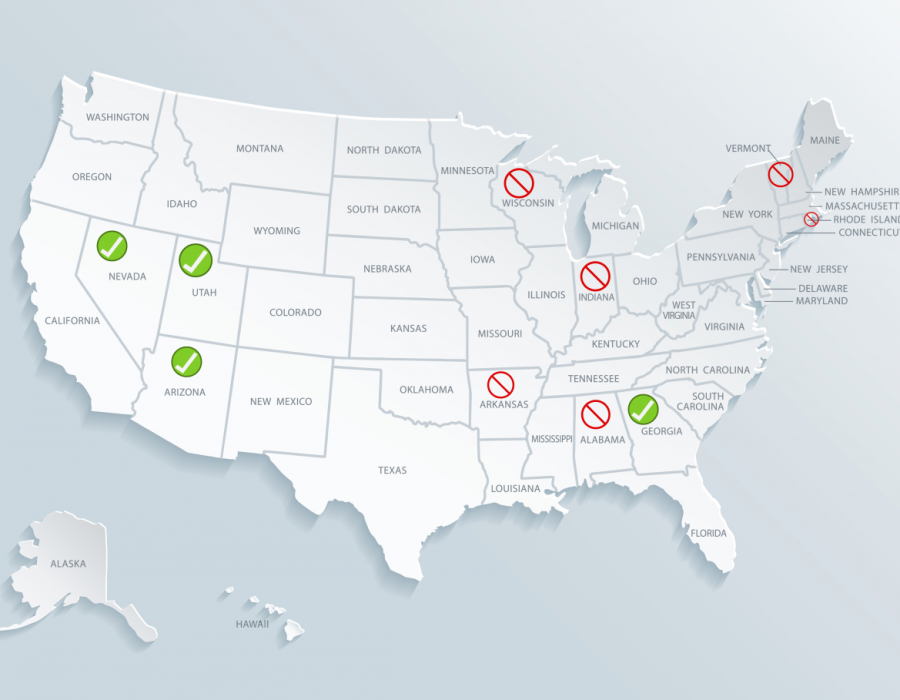Kratom, a tropical tree native to Southeast Asia, has been used for centuries as a traditional medicine to treat various ailments. However, its legality has been a topic of debate in many countries around the world. In this blog post, we will explore the current state of kratom legalization and the reasons behind it.
Global Legal Status of Kratom
Kratom is legal in most parts of the world, including the United States. However, there are a few countries that have banned the use of kratom, such as Australia, Thailand, and Malaysia. In the United States, kratom is not federally regulated, which means there are no nationwide quality and safety controls for kratom products. The Drug Enforcement Agency (DEA) has considered labeling kratom as a controlled substance, but the classification has not been enforced, leaving kratom in a legal gray area at the federal level.
Also read: What are the benefits of Kratom shots?
Reasons for Kratom Legalization Debate
The legality of kratom is a complex issue that varies from country to country. In some countries, kratom is legal but heavily regulated, while in others, it is completely banned. The legal status of kratom is often influenced by cultural and historical factors, as well as political and economic considerations.
One of the main reasons why kratom is banned in some countries is due to its potential for abuse. Kratom contains alkaloids that can produce psychoactive effects similar to opioids, which has led some governments to classify it as a dangerous drug. However, many advocates of kratom argue that it is a safe and effective alternative to prescription opioids for pain management.
Another reason why kratom is banned in some countries is due to its potential for addiction. While kratom is not considered to be as addictive as opioids, it can still be habit-forming if used in large quantities over an extended period of time. However, many proponents of kratom argue that it is less addictive than prescription opioids and can be used to help people overcome opioid addiction.
Kratom Legalization Debate in the United States
In the United States, the legality of kratom is a contentious issue. While kratom is legal in most states, there are a few states that have banned its use, such as Alabama, Arkansas, Indiana, Rhode Island, Vermont, and Wisconsin. The DEA has also considered labeling kratom as a Schedule I drug, which would make it illegal to possess or use. However, the classification has not been enforced, leaving kratom in a legal gray area at the federal level.
Learn more: The Alkaloids in Red Bali Kratom: What Sets It Apart?
Conclusion
The legality of kratom is a complex issue that varies from country to country. While kratom is legal in most parts of the world, there are a few countries that have banned its use. The legal status of kratom is often influenced by cultural and historical factors, as well as political and economic considerations. While kratom has the potential for abuse and addiction, many advocates argue that it is a safe and effective alternative to prescription opioids for pain management. The debate over kratom legalization is likely to continue for the foreseeable future.
I hope this blog post provides you with a better understanding of the current state of kratom legalization and the reasons behind it.





Comments